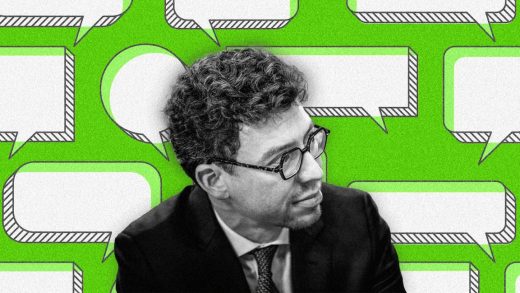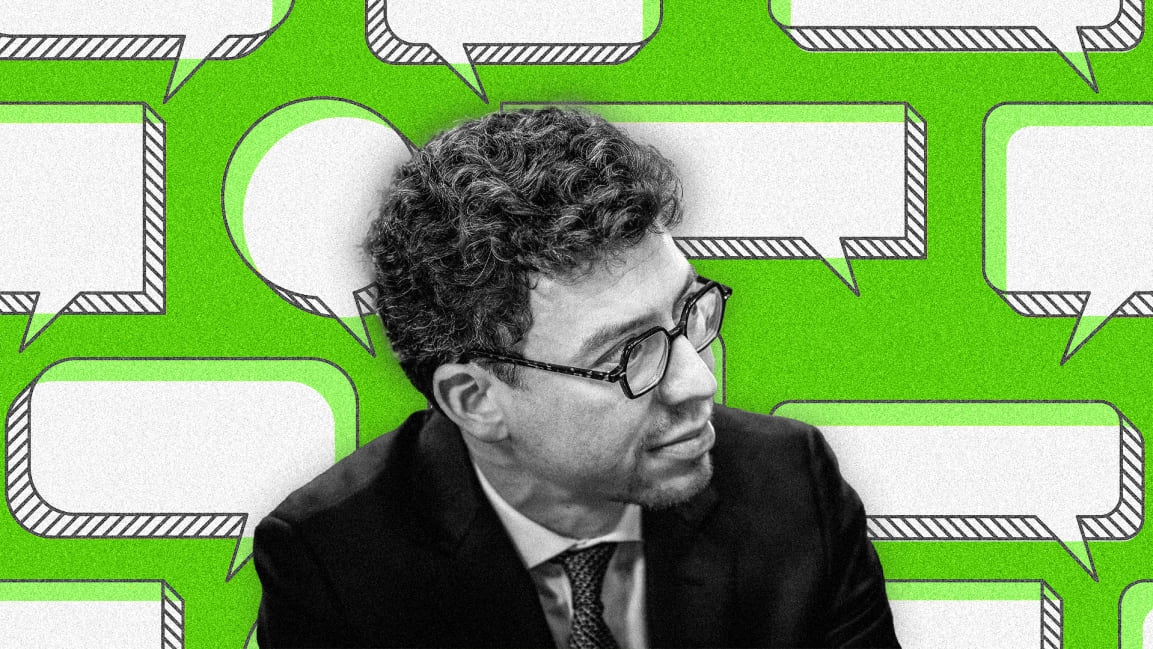Duolingo is now worth $6.5 billion, and its CEO is having a very big day
Luis von Ahn, CEO of Duolingo, is having a very big day. The popular language-learning company debuted on the Nasdaq today, with an initial public offering price of $102—which was already up from $85.95 a week earlier. It unexpectedly opened at $141 per share, which, as of this writing, bumps Duolingo’s valuation north of $6 billion. We tracked down von Ahn for an interview, which has been condensed and edited.
Fast Company: What does it feel like to have your tech baby IPO today?
Luis von Ahn: Exciting. For me, in particular, I think I’m a little nervous, because I’ve heard from other CEOs that your job does change, and I’m not exactly certain of all the ways in which it’s going to change. So I’m, you know, a little nervous. But more excited. This is just another step in the journey.
FC: Why is a $3.6 billion valuation reasonable?
LV: The latest is apparently $6.5 billion. But, you know, the valuation is chosen by investors, and what we heard from them is that we are the category leader of online language learning. Language learning is a massive business, about $60 billion a year, and it’s a business that is mostly offline, and now it’s shifting online, and there’s a huge opportunity. And another thing is revenues—we’ve been growing a lot, doubling growth rate, which investors like a lot, and we have grown organically: A lot of app-based businesses spend a lot of money acquiring users. So they spend, say, $50 acquiring a user, and then the user subscribes, and they make $5 from the user. Users come to us overwhelmingly through word of mouth. We don’t have to spend money. And because of that, our margins are very good.
FC: What languages are the most popular on Duolingo?
LV: English is by far the most popular language—54% of our users are learning English. In the U.S., it’s Spanish, then French. Across most of Europe, it’s French. But Asian languages are growing the fastest. More people are learning Korean or Japanese than Chinese, which is kind of strange, and we think it’s a cultural thing—there’s a lot of people interested in either Korean or Japanese culture, and in K-pop.
FC: Duolingo has grown steadily for years. Was there a pandemic boost?
LV: Investors really liked that this is not a pandemic story. We did see increased demand, particularly during heavy lockdown, like April-May, and afterward, growth has been the same. We’ve been more than doubling every year for the past four years.
FC: Where are you looking to expand?
LV: Our top three countries in terms of growth are India, China, and Japan. Fifty percent of language learners are in Asia, but only 17% of our users are in Asia.
FC: Will you add languages?
LV: We’ve added most of the languages that people actually want to learn. So we are probably going to be adding Tagalog from the Philippines, and we are adding a couple languages from South Africa, like Zulu and Costa, but they’re small in terms of the number of people who want to learn them.
FC: How will you grow the 5% of users who are paying?
LV: The way we grow is by basically adding more features to the subscription. Now, that doesn’t mean taking stuff away from the free version—the mission of this company is to make education available to everybody, so you won’t see us degrade the free experience.
FC: Why are you headquartered in Pittsburgh?
LV: I used to be a professor at Carnegie Mellon—my cofounder was my PhD student. We found that there was a lot of really good tech talent to hire there.
FC: Does being in Pittsburgh avoid the job hopping of Silicon Valley?
LV: You know, people don’t really leave the company much, and some of that has to do with our mission and culture, but also, there’s enough people that just need to be in Pittsburgh for one reason or another—usually aging parents or something like that—and we’re kind of the best game in town if you want to work for an internet company, so I think we’ve benefited by being able to punch above our weight by being there.
FC: How will you grow the product?
LV: Last year we launched Duolingo ABC, an app to teach early childhood literacy, and you’ll see us start launching apps to teach other things, like an app to teach elementary school math. Apps that are super fun and very effective.
FC: Is that what you’re expanding into?
LV: In the near future, the biggest thing we’ll be working on is languages, and we’re always working on how well we teach the language. It’s very efficacious.
(48)



